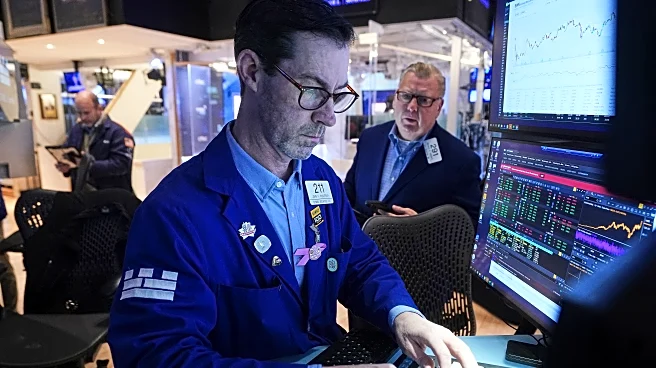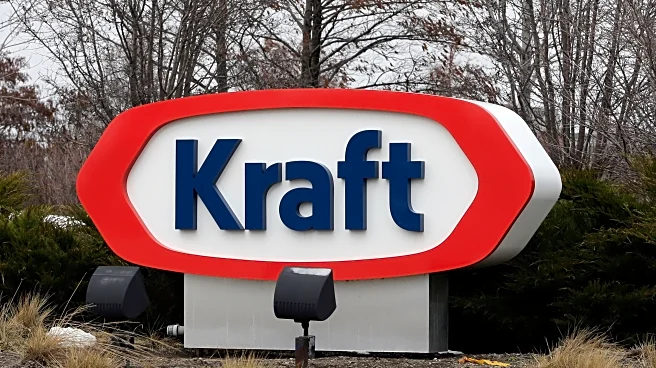What's Happening?
The Midlands region in the UK is actively pursuing a net-zero transition, aiming to achieve this goal by 2041. A recent roundtable discussion highlighted the region's efforts and challenges in this endeavor. Participants discussed the importance of retrofitting
aging housing stock, the availability of green finance, and the need for a green skills agenda. Despite the region's ambition, challenges such as policy uncertainty, financial barriers, and the need for local leadership were identified. The discussion emphasized the importance of experiential learning and industry partnerships to bridge the gap between policy ambitions and educational realities.
Why It's Important?
The Midlands' efforts to transition to net-zero have significant implications for sustainability and economic development. Successfully achieving net-zero could lead to warmer homes, lower energy bills, and healthier communities, providing tangible benefits to residents. However, the challenges faced, such as policy volatility and financial barriers, highlight the need for consistent support and investment. The region's approach could serve as a model for other areas, demonstrating the importance of local leadership and collaboration in achieving sustainability goals. The focus on green skills development is crucial for preparing a workforce capable of supporting these initiatives.
What's Next?
The Midlands region will need to address the identified challenges to maintain momentum in its net-zero transition. This includes securing consistent policy support, overcoming financial barriers, and fostering local leadership. Collaboration between businesses and local governments will be essential to create clear actions for progress. Additionally, enhancing educational programs to include experiential learning and industry partnerships will be vital in developing the necessary green skills. The region's success could influence national and international sustainability efforts, highlighting the importance of place-based approaches to climate action.
Beyond the Headlines
The Midlands' net-zero transition efforts underscore the broader ethical and cultural dimensions of sustainability. The focus on community-led initiatives and local leadership reflects a shift towards more inclusive and participatory approaches to climate action. This could lead to long-term cultural shifts, where sustainability becomes a core value in local communities. Additionally, the emphasis on green skills development highlights the need for educational systems to adapt to the changing demands of the workforce, ensuring that future generations are equipped to tackle environmental challenges.


















